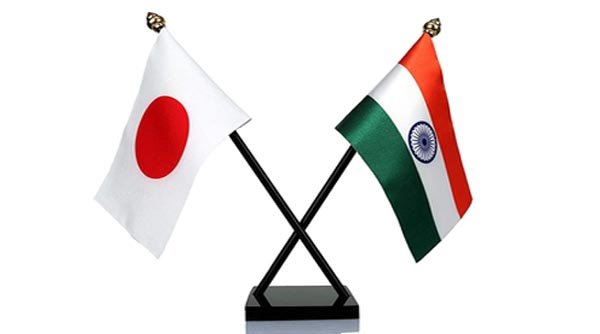New Delhi, Aug 28 (UNI) India and Japan are stepping into a new phase of economic partnership, marked by more than USD 13 billion in fresh investments with over 170 MoUs signed in the past two years, reflecting Japan’s growing confidence in India’s growth story.
These Memoranda of Understandings (MoUs) are across key sectors, including steel, automotive, renewables, semiconductors, real estate and aerospace.
The agreements span across state boundaries, ranging from steel plants in Gujarat to biogas projects in rural India, Assam’s gateway role to Tokyo’s advanced R&D labs, semiconductor fabs to academic exchanges and AI engineers in Bangalore to Tokyo.
Under the prime agreements, Nippon Steel is investing INR 15 billion for expansion purposes in Gujarat and INR 56 billion for an integrated steel plant in Andhra Pradesh.
Suzuki Motor Corporation has committed INR 350 billion for a new plant in Gujarat, along with INR 32 billion to expand production lines.
Toyota Kirloskar is expanding its Karnataka unit with INR 33 billion and building a new facility worth INR 200 billion in Maharashtra.
In the realm of real estate, Sumitomo Realty has pledged projects worth USD 4.76 billion. JFE Steel is investing INR 445 billion in electrical steel. Osaka Gas is entering India’s renewable energy space with 400 MW projects and plans for green hydrogen. Astroscale, a Japanese space startup, will launch commercial satellites from India using ISRO’s PSLV.
Tata Electronics, in partnership with Tokyo Electron and Fujifilm, is building a semiconductor ecosystem.
Toyota and Suzuki are set to link hundreds of Indian Tier-2 and Tier-3 suppliers to their value chains. Fujitsu is also hiring 9,000 engineers in India to support its Global Capability Center.
Japanese cooperation is also reaching India’s rural economy. Sojitz Corporation, with Indian Oil, is setting up 30 biogas plants worth USD 395 million.
These plants will use crop residues and farm waste to produce 1.6 million tons of biogas annually. Suzuki Motor, working with the National Dairy Development Board, is investing INR 2.3 billion in four biogas units in Gujarat’s Banaskantha district.
These projects will cut emissions, create rural jobs and provide additional income for farmers. The initiative is backed by UNIDO and Japan’s Ministry of Economy, Trade and Industry and is seen as a model for clean energy cooperation.
Exports form another strong dimension of the partnership. Nippon Steel’s capacity expansion will boost specialty steel exports. Toyota and Suzuki plan to produce hybrid and electric vehicles in India for overseas markets in Africa, Southeast Asia and the Middle East. Semiconductor tie-ups and renewable ventures are also expected to strengthen India’s role in global trade.
Human resource development is a growing area of cooperation. The India–Japan Talent Bridge programme, supported by METI, aims to facilitate 500,000 student and professional exchanges in the next five years. The focus is on semiconductors, AI, robotics, IT, and clean energy.
Career events have been organised at top Indian universities, including the IITs, BITS Pilani, Delhi University, and IISc. Japanese companies such as Nidec and Musashi Seimitsu are expanding recruitment in India. The document adds that METI has set aside JPY 15 billion for job fairs, training, internships, and skill-sharing initiatives.
The Northeast region has also drawn attention. A recent MoU between the Government of Assam and ASEAN Holdings will bring investments in agro-industries, logistics, and industrial infrastructure. The document notes this aligns with India’s Act East Policy and Japan’s broader Indo-Pacific strategy.
At the global level, the two countries are working together in forums such as the Japan–India–Africa Forum and TICAD. Priorities include securing rare earths and lithium, building resilient supply chains in semiconductors and EVs, and opening new markets in Africa and the Middle East.
The partnership is evolving into a comprehensive developmental alliance. From steel plants and semiconductor collaborations to biogas projects and student exchanges, India and Japan are investing not only in industries and supply chains but also in people and knowledge.











